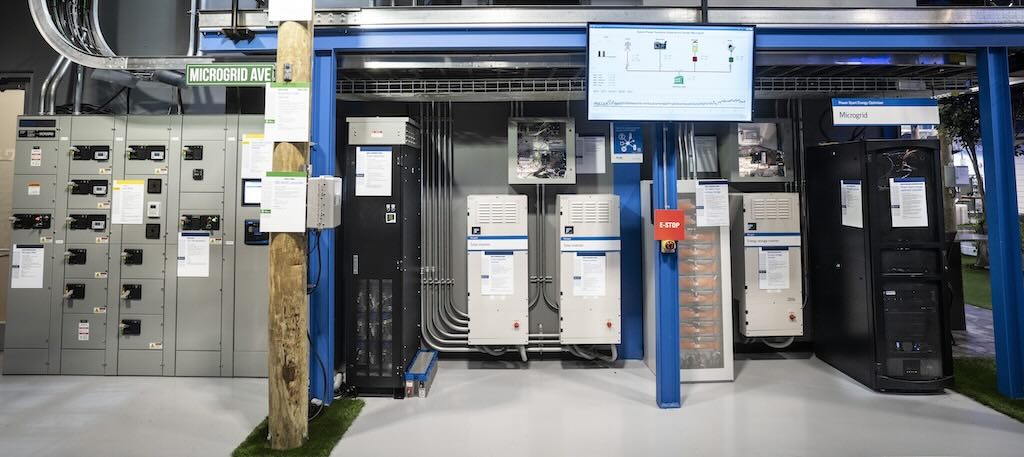Increased focus on providing optimum patient care in the most cost efficient way is fuelling demand for intelligent infusion devices termed “Smart Pumps.”

Increased focus on providing optimum patient care in the most cost efficient way is fuelling demand for intelligent infusion devices termed “Smart Pumps.” A report from InMedica, a division of IMS Research, recently acquired by IHS Inc., on the global market for infusion pumps found that, despite market saturation in the developed countries, demand for advanced technology is being maintained; infusion pump suppliers must offer technically advanced products at competitive prices to maintain market share. Smart pumps with software to reduce the risk of dose error in IV therapy, to provide safer patient care, is becoming increasingly important, in the light of reimbursement restrictions for “never events” in U.S. hospitals. InMedica predicts the U.S. market for large-volume infusion pumps will increase to $500 million by 2015.
“Medication errors, during prescription, preparation or administration of medication, can lead to adverse drug events (ADEs). According to the National Health Service (NHS) in the U.K., intravenous (IV) pumps can account for up to 35 percent of medication errors,” comments Kelly Barritt of InMedica.
“It is becoming more apparent that systems need to be implemented to prevent such errors from occurring. Dose error reduction software is designed to check the information a physician programmes into a pump against the limits set by the drug library; the care-giver is then alerted of an error before infusion starts,” continues Kelly Barritt, Senior Market Analyst. As provision of care becomes increasingly pressured, with nurses and physicians often working long hours to meet patient demand, smart pumps will help to reduce errors. Customers will favour products with higher levels of harm-reduction software to eliminate ADEs; use of the next generation of ‘Smart’ pumps will grow quickly. In addition, the number of devices for home use incorporating safety features is also increasing, further driving growth in this market.
Furthermore, in an attempt to drive down the cost of treatment, patient care is being transferred to lower-acuity departments and in some instances to the home; technology is developing as a result. Radiofrequency identification (RFID) chips have been installed by some manufacturers in infusion pumps, to allow healthcare institutions to track their location. The RFID chips enable pumps to be quickly accessed, reducing the search times in large hospitals. Device tracking may also be successful in home-care environments, enabling the home-care agencies to monitor the locations of the pumps on loan.



